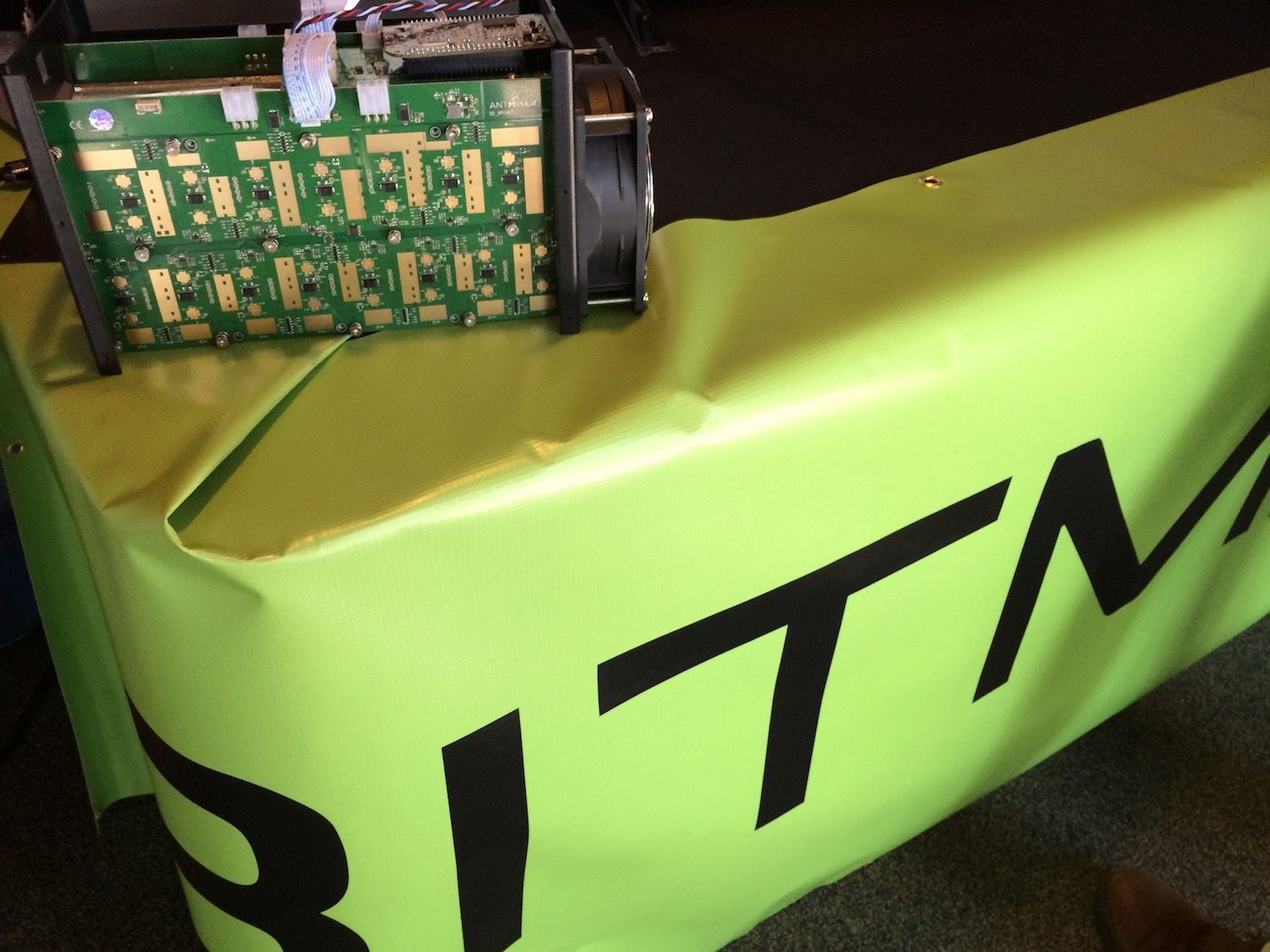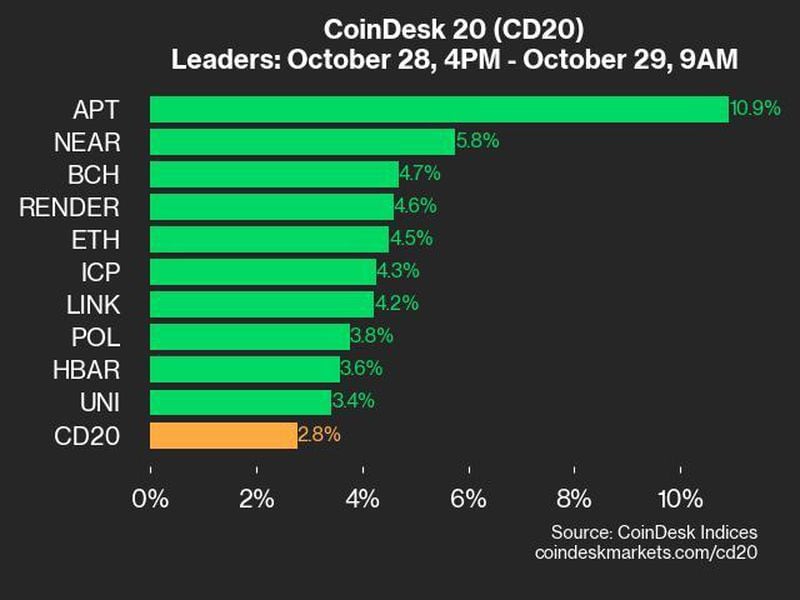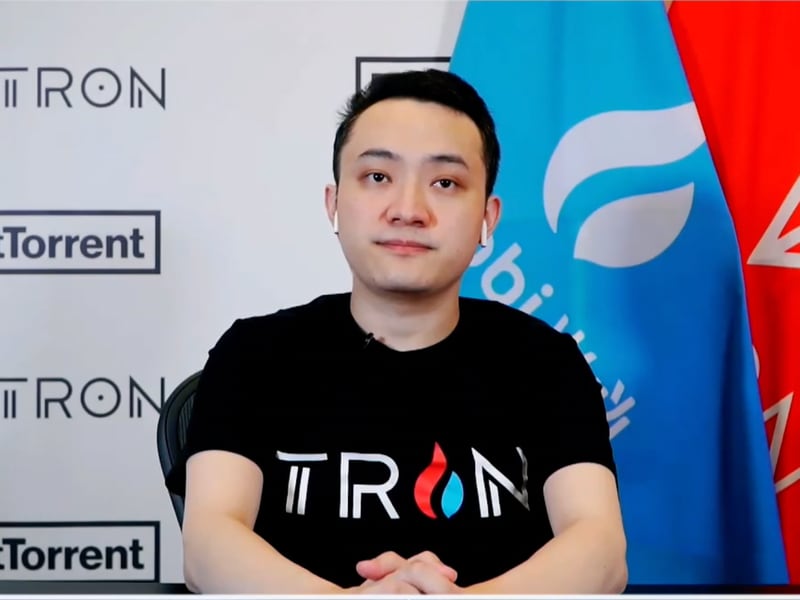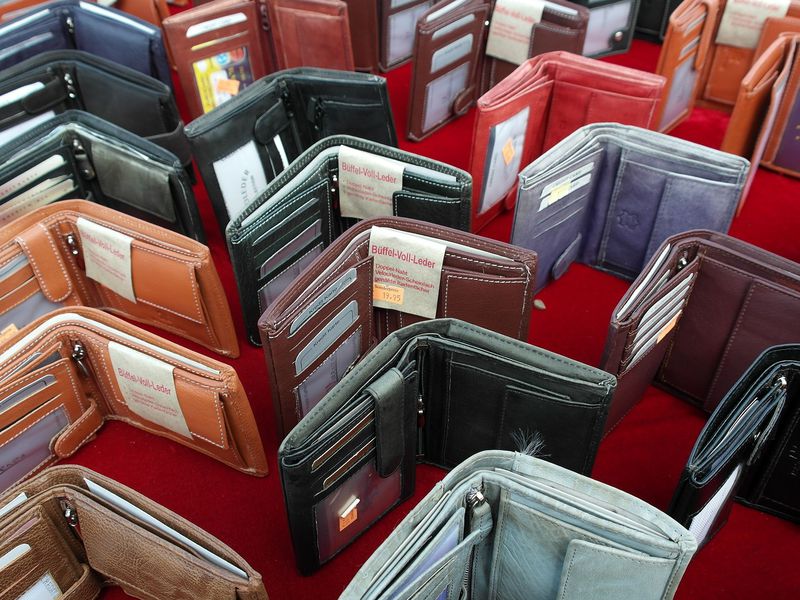Texture Capital Awarded FINRA License to Trade Security Tokens
Texture Capital is preparing to launch a digital securities trading hub for private capital markets after getting the green light from a U.S. financial regulator.
With its Financial Industry Regulatory Authority (FINRA) broker-dealer registration and alternative trading system go-ahead, revealed to CoinDesk Tuesday, Texture moves closer to taking its issuance marketplace live.
The one-year old blockchain company is the latest tokenization outfit hoping to capture even a sliver of the hulking marketplace for private securities. The U.S. Securities and Exchange Commission told Congress in an August report that companies and funds raised $1.5 trillion through so-called “Regulation D” exempt offerings in 2019.
Although mountains of capital stream into Reg D offerings, the securities themselves seldom flow around. “Most [private] securities do not trade in a secondary market” the SEC report said. Lockup periods and other restrictions account for some of the illiquidity.
According to Texture CEO Richard Johnson, the right tech stack can fix that.
“Other participants have tried and had some success – e.g Nasdaq Private Market, Forge, and the newly announced ClearList,” Johnson said. “This demonstrates the demand for institutional access to private companies.”
However, Texture believes it gains an edge by using “the latest technology” (blockchain), and by” tackling the underlying problems with private securities market structure,” he said.
Issuing a security token on-chain can help bring efficiency and transparency to private securities, the CEO continued. Similarly, building the secondary trading hub right into the platform might allow investors to flip their tokens far more seamlessly than they otherwise could.
Johnson is similarly keen on ensuring non-blockchain companies see the appeal of tokenized securities.
Texture hopes to have 20 issuers on its platform in the next six months. For comparison, tZero, one of the best-known security token marketplaces, only has three. But getting more tokens up and running will be a boon for overall liquidity, Johnson said.








